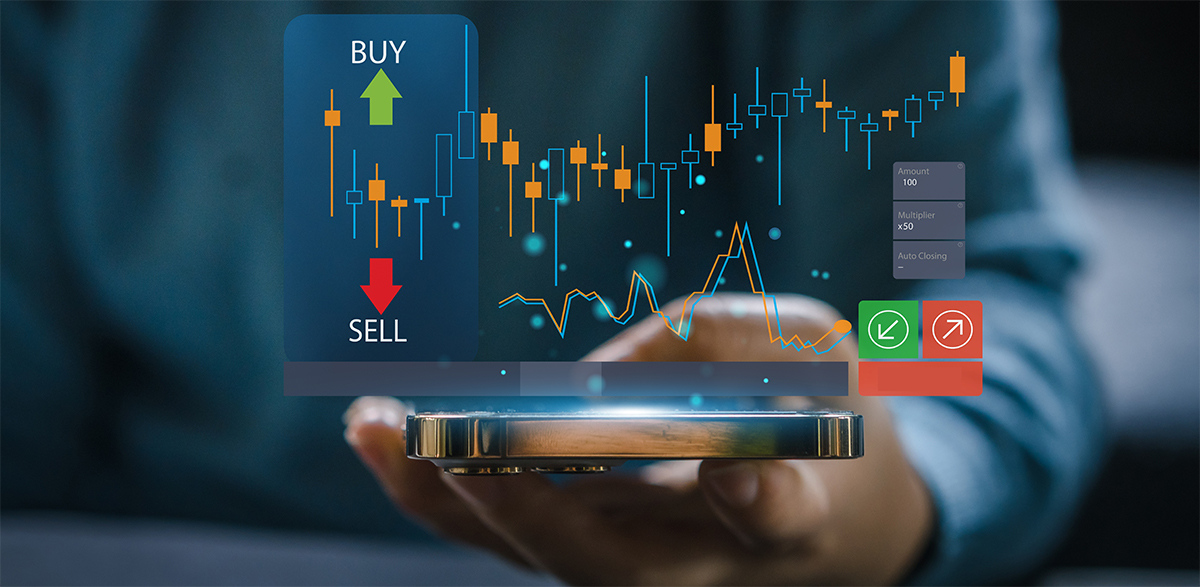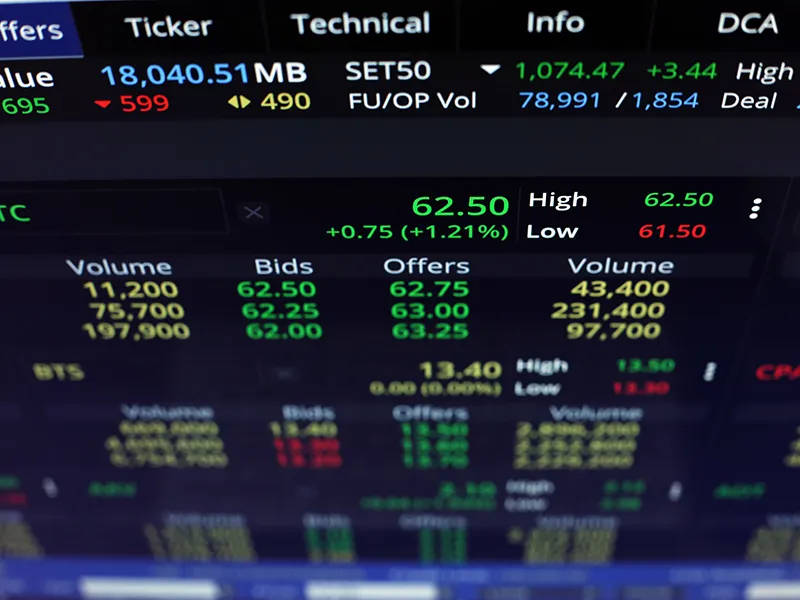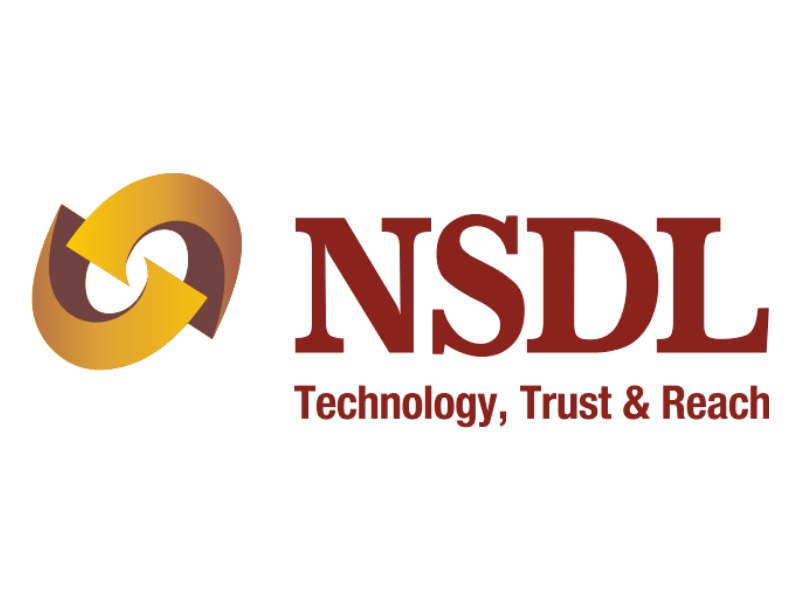
With the introduction of Demat accounts, the processes of trading, investing, holding securities, and monitoring them have become extremely convenient, faster, and most importantly, cost-efficient. A trader or investor no longer has to worry about the securities held in digital form in a Demat account. It completely takes away the hassle of physical stock certificates that would have to be retained for stock trading. Now, all it requires is for one to pass on instructions to the Depository Participant (DP) online while buying and selling shares.
However, every comfort comes at a cost. In the case of Demat accounts, an account owner must pay some amount towards fees and charges related to the account opening, safety (or custodian) charges, annual maintenance charges (AMC), transaction fees, etc. As more and more brokers and broker platforms offer Demat facilities these days, there is an increasing competition that is giving rise to various incentives on Demat account charges.
Here, we will share all the important details that Demat account holders need to know about the charges on Demat accounts.
List of Demat account charges
| Charge type | Amount (range) charged by different brokers |
| Account opening charges | Free – Rs. 900 |
| Custodian fee | Rs. 0.50 – Re.1 per ISIN |
| Annual maintenance charges | Free for 1st year of account openingFor 2nd year onwards – Rs. 300-900 |
| Transaction charges | Differs across DPsSome offer free delivery based trades and charge only for non-delivery based trades |
Account opening charges
Until a few years back, banks and brokers charged around Rs. 700 to 900 as Demat account opening charges. Despite such high charges, most investors rushed to the banks to open Demat accounts. The main reason for this was that banks offered a well-integrated network and smooth stock investment services via this account.
With digitization and an increasing number of broker platforms, Demat account opening charges are now either nominal or zero in some cases. This acts as an incentive for more investors to open Demat accounts.
For beginners and casual investors, a Demat account makes it easy to trade or invest in the stock market. Through this, they can seamlessly conduct the stock market transactions under a common platform.
Custodian fee
This acts as a caution deposit for Demat accounts. Depository Participants (banks or brokers) have to pay custodian fees to the depository for every Demat account. While some DPs may pass on the charges to customers, many do not charge any custodian fees from the investor.
Factors to note about custodian fees:
- Custodian fees have to be paid on a monthly basis.
- These charges are levied as per the number of securities held in a Demat account.
- The fees generally range between Rs. 0.5 and Re. 1 per ISIN (International Securities Identification Number).
- The DPs do not charge these fees for an ISIN belonging to a company that has already paid the one-time charges to the depository.
Until a few years ago, DPs charged investors for both credit and debit transactions in Demat accounts. However, now most DPs charge only towards debit transactions in Demat accounts.
Annual maintenance charges
A Demat account holder also has to pay towards the account’s annual maintenance charges (AMC). These charges are payable to the Depository Participant (DP) against the services rendered.
Factors to note about AMC:
- AMC are also known as folio maintenance charges
- AMC is generally collected by DPs in advance
- AMC generally ranges from Rs. 300 to 900
- These are payable annually, but some DPs may require quarterly fees or a lifetime fee of Rs. 2,000 or above.
Many DPs waive off AMC for the first year of account opening to attract more investors. DPs under banks may offer differential AMC rates. Some may offer a three-in-one (demat, trading & savings) account and in turn charge lower fees since it’s easier to map the trading account with the same bank’s savings account. In case the mapping is with another bank’s savings account, then the AMC may be higher.
Transaction fees
Every transaction that is carried out by an investor or trading from a Demat account is with the intent of earning profits. Therefore, every DP, for the services provided towards earning profits, will charge a nominal fee known as transaction fees.
Factors to note about transaction fees:
- This has to be paid per transaction – every time that financial security comes in or goes out from a Demat account.
- DPs generally charge these on a monthly basis. Some may charge based on the number of transactions done in an account or a flat fee at the end of a month.
- The charges may differ across different types of transactions, such as buying or selling.
- Some DPs may charge these fees when the securities are debited. Some charge for both buying and selling.
- Most DPs charge transaction fees of around Rs. 1.5 per security traded.
Miscellaneous charges
There are also various miscellaneous charges levied for specific services provided by DPs.
- Those who have physical shares and want to dematerialize them may be asked to pay Rs. 5 per certificate for dematerialising.
- Rematerialization of shares, i.e. conversion of digital certificates into the paper format may approximately cost Rs. 25 per share certificate.
- Separate fees may also be applicable for services such as
- non-periodic statements,
- courier,
- mailing charges, etc
Conclusion
Despite the multiple charges that may be applicable to a Demat account, it is a safe, convenient and low-cost mode of investing in the stock markets. Those who are just starting off with stock market investments must carefully compare the different Demat account charges and fees across different DPs before finalizing one for opening a Demat account.
FAQs
To open a Demat account easily, you can download the Fisdom app on your smartphone. The app allows an easy online KYC process, after which you can request a Demat account opening to begin trading in the stock markets.
Demat account is essential for investors or traders who want to do delivery trading. This is because Demat accounts hold securities in digital form and retain them safely until the account holder decides to sell them.
Depository Participants (DP) are agents that connect the depositories and investors. For investing in the stock markets, one has to approach a depository. This can be done only via a DP. The Demat account that an investor or trader holds for participating in stock markets is maintained with a DP.
A Demat account plays the role of a repository that contains securities bought by the account owner. If an investor or trader wants delivery of securities after buying, these are stored in a Demat account.
No, trading accounts differ from Demat accounts. A trading account is essential for trading or investing in the stock markets whereas a Demat account is required for delivery-based trading/investing. Intraday traders need not open a Demat account since it does not involve the delivery of securities.


























